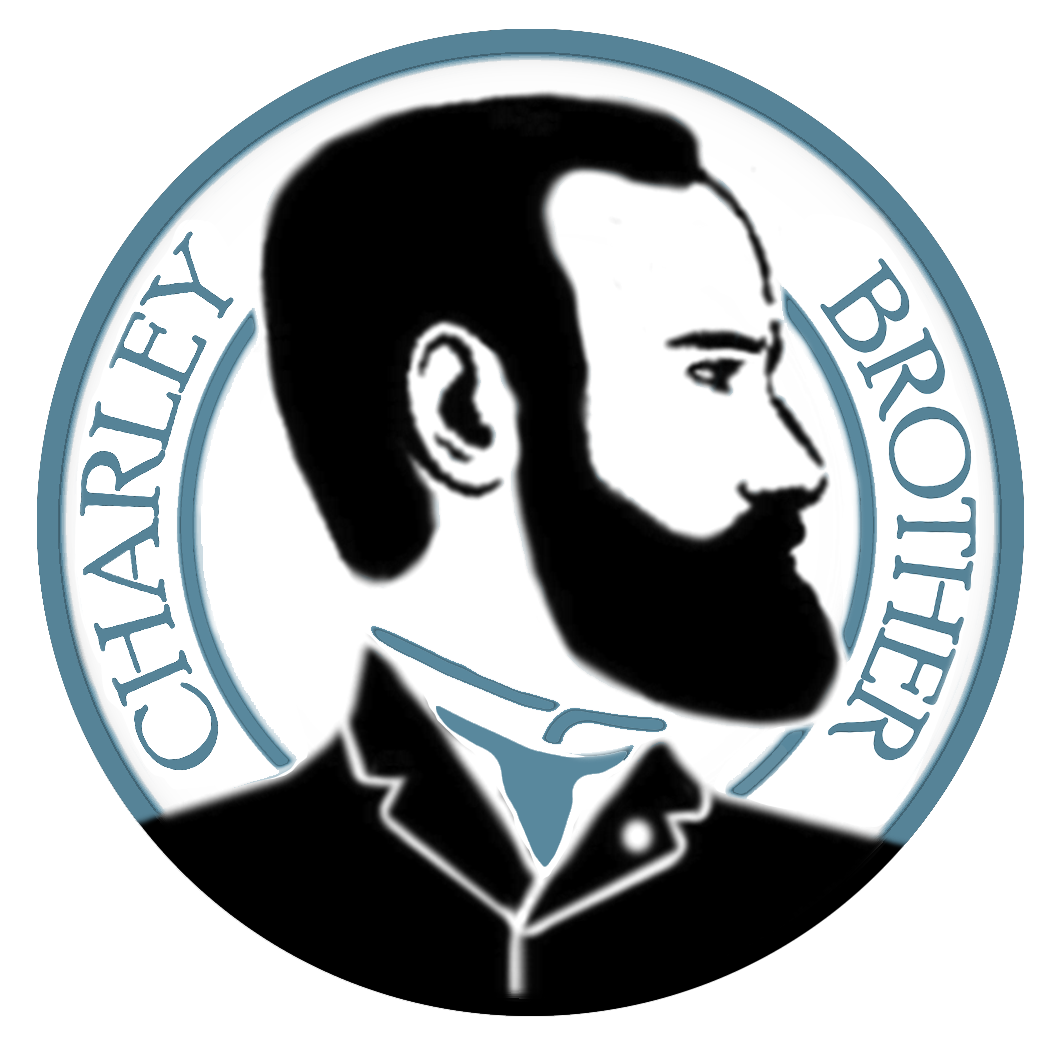From Charles Williamson: A Review of His Life by William Main
Charles Williamson had a huge task to promote the Genesee valley to attract farmers. Working for the best interests of his employer, the Pulteney Land Company, he had to find strong laborers to build roads, probably the Germans who had experience with the Black Forest back home. That would be no problem. Securing merchants to supply those men would be his first task. Who was into adventure, could hold facts to memory, and good at math? Mrs. Brother knew just the man.
When Valentine saw these real estate developers come through his tavern, he didn’t have to nudge his wife to eavesdrop on this day. As she refilled their glasses, she smiled with the words dry road but froze on the word Indians. She heard them talking about supply lists, logbooks, schemes to attract and keep the hired hands on task, including weekend entertainments and horseraces. She returned to the bar to update Valentine. “If we are going to get the best land, you’d better be part of the mappers.” She could manage herself, now that the children are older, so he should apply right quick.
Valentine presented his case to Williamson and in the morning, he headed out with his crew, on a trial basis, to prove his skills.
At night her son Henry, who later grew to be the father of Civil War Marine Charles Brother, made it a practice to crawl into bed with her, promising not to make it wet, and listened to her as she explained, for the one hundredth time, what a land surveyor does. Henry imagined for the hundredth time the direction the road was laid out, thinking that a good father might pave the way in all things, making things tightly squared, framed, and documented so that there is never any dispute. He imagined the boundary breaks leaving enough land for puddles and houses, agreeing not to waste good bedrock.
Henry fell asleep dreaming of his father standing on the hilltop, calculating but not having to write anything down, and folding his chains into his pocket. He dreamed he was his father’s assistant, reciting, “one pole equals 25 links.” Father and son, together, one day, heading north to trade with the Indians. “One pole equals 25 links.”

